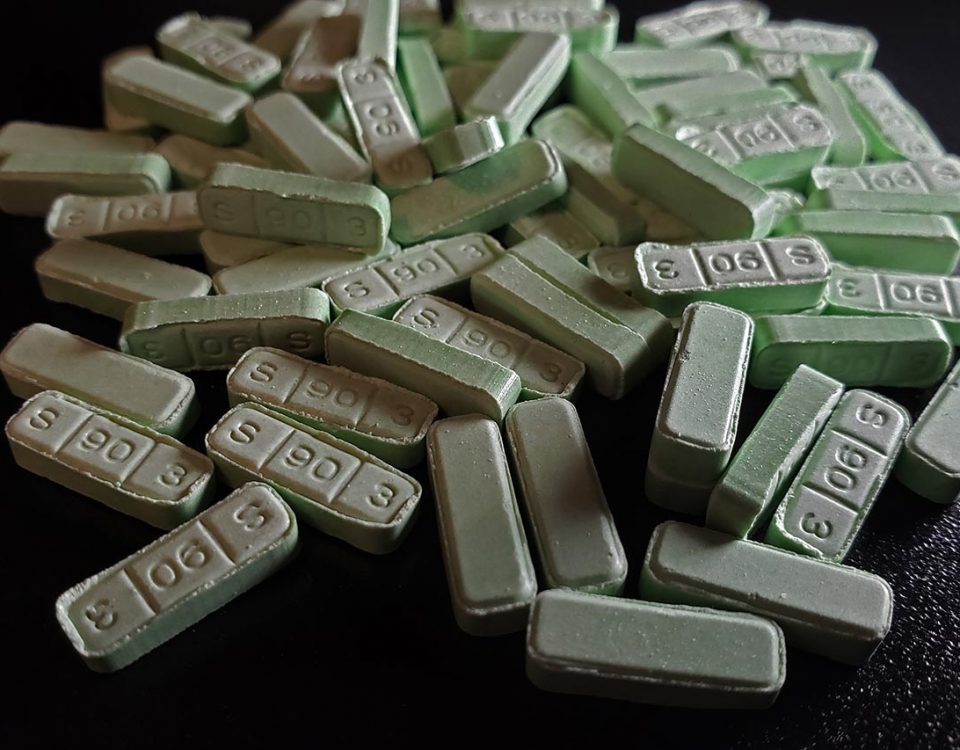Addiction is a chronic brain disease that inflicts compulsive behavior. It is when a person becomes physically dependent on a drug after misuse and abuse. Common drug addictions include opioids, heroin, cocaine, alcohol, and benzos. However, substance abuse does not limit the definition of addiction. People seek therapy to treat sex addiction, excessive shopping online, or gambling. Addiction psychiatrists are extremely helpful and supportive in these scenarios where a person feels defeated due to addiction.
The Role of an Addiction Psychiatrist
What is an addiction psychiatrist? Individuals who received either a Doctor of Medicine (M.D.) or Doctor of Osteopathic Medicine (D.O.) proceed as physicians and are able to form a practice that includes particular therapeutic methods and treatment. Psychiatrists specialize in addiction, how the brain and body are affected, and how to properly diagnose patients. Therefore, they must be cognitively inclined and acquire an abundance of knowledge regarding co-occurring disorders, specific mental illnesses, and various treatment options.
A psychiatrist addiction specialist will counsel patients during individual or group therapy, design personal recovery plans for their patients, and establish interventions with the family members of the addicts. Additionally, the psychiatrist will update the patient's records after running and evaluating diagnostic and laboratory assessments in a testing center.
How Long Does It Take To Become an Addiction Psychiatrist?
To become a substance abuse psychiatrist and work with all forms of addiction, a person must receive a medical doctorate degree, complete a psychiatric residency, and get addiction psychiatry official approval. A board-certified addiction specialist must complete numerous forms of training and practice.
First, earning a bachelor’s degree is essential, along with completing the prerequisites that the American Association of Medical Colleges determines as the best courses of study. After graduating, completing a medical school program and all necessary courses and requirements is the next step. In addition, a potential addiction psychiatrist must complete a residency which means securing a license and becoming board certified.
The following requirements must be completed to become board certified:
- Graduating from an accredited medical school
- Receive an unrestricted license to practice in one or more states in America
- Complete the ABPN required training
- Test and pass the ABPM exam to become a specialist
- Continued education
The board certification must be renewed every ten years to continue legally practicing in America. This means passing the required tests and maintaining physician standards as a licensed physician. The Maintenance of Certification process is for physicians to continue a licensed practice to treat people for addiction.
Addiction Psychiatrist Salary
There are many possibilities for those in this particular line of work, such as in both the private and public sectors. If a person is to work in a professional organization such as the Association for Medical Education and Research in Substance Abuse, then the salary may differ from the average annual income of an addiction psychiatrist. The Bureau of Labor determines that the yearly wage for a psychiatrist is over $180,000.
Work With a Specialist at Our Massachusetts Addiction Treatment Center
If you or a loved one is wondering if becoming an addiction psychiatrist is the right job for you or if you need more questions answered, speak to a team member at Banyan Treatment Centers Massachusetts. If you desire to further your practice and are looking for an addiction treatment center job, you can read more about the role of specialists at Banyan! We offer unique services like intervention planning and our Faith in Recovery program so specialists and patients can practice connecting emotionally, mentally, and spiritually during the recovery process.
If you are seeking treatment or having your questions answered, call Banyan Massachusetts at 888-280-4763 today! Ask about our intensive outpatient program and get started!
Related Readings:









